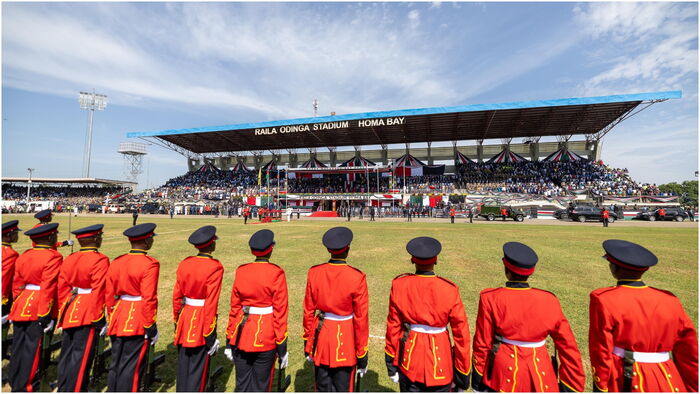The Illusion of Independence
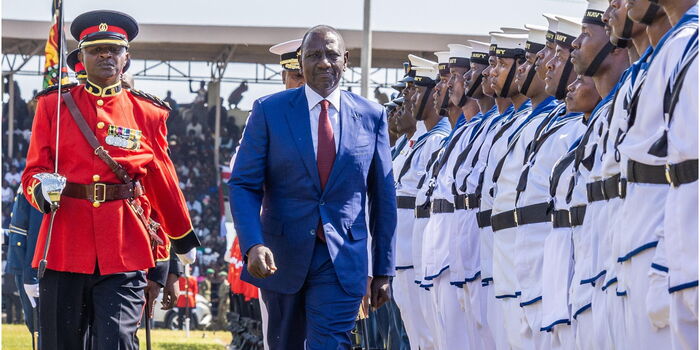
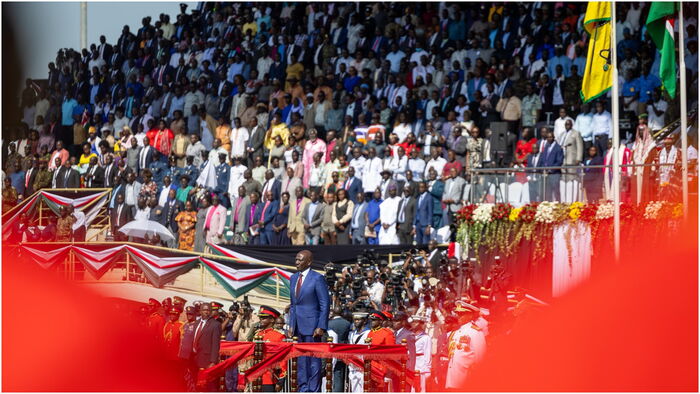
There’s a heaviness in the air across Kenya — from the alleyways of Githurai to the offices of Upper Hill. Tension is rising, conversations are charged, and the chorus is clear: “Kasongo anafaa kuenda.” The economy is broken. The cost of living is unbearable. Unemployment has become a life sentence, not a phase. From Nairobi to Kisumu, citizens are in survival mode — cutting back on meals, skipping medication, rationing electricity. And while economic hardship is not unique to Kenya, what sets our crisis apart is the delusion that we’re living in a functional democracy.
We vote. We attend rallies. We sing the national anthem. But none of it translates into better lives for the people. Instead, it feels like we have inherited a system that punishes the poor for existing — all while glorifying power and shielding corruption.
Madaraka Without Uhuru
Madaraka Day is meant to commemorate June 1, 1963 — the moment Kenya took self-rule from the British. But in 2025, that promise of freedom has withered. What are we celebrating when most Kenyans have no say in how they are governed? What is Madaraka without Uhuru?
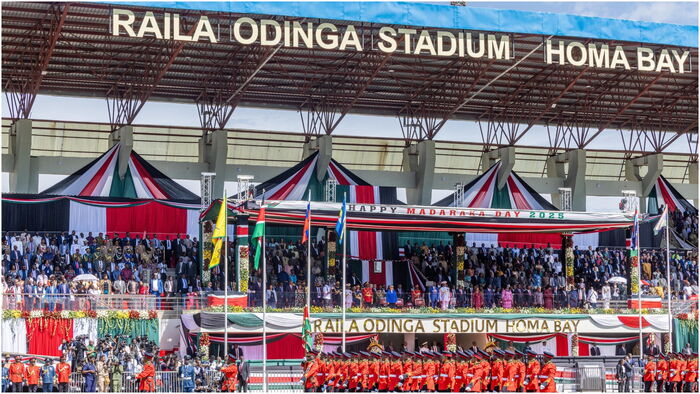
This year, speeches were made, flags waved, and military parades marched across the screen — all while ordinary Kenyans struggled to afford bread. We are told we are free. But if this is freedom, why does it feel like oppression with a Kenyan flag on top?
The Massacre of Hope — June 25, 2024
Perhaps nothing exposed the state of our nation more than the events of June 25, 2024. That day, thousands of young Kenyans took to the streets in peaceful protest against the proposed 2024/2025 Finance Bill — a bill that sought to raise taxes on basic commodities, services, and everyday transactions. Bread. Diapers. Sanitary towels. Mobile money. Fuel. Internet bundles.
It was a declaration of war on the poor. And Kenya’s Gen Z, the most digitally connected, politically awake generation in our history, said no more. They protested — peacefully, creatively, and with purpose. The state responded with violence. Live bullets. Tear gas. Beatings. Arrests. Death. Young people — some barely out of high school — were killed in cold blood by the very government they pay taxes to. Not for rioting. Not for looting. For simply demanding dignity.
June 25th will go down in history not just as a day of mourning, but as a reckoning. The myth of a listening government died that day. And with it, the idea that Kenya’s youth can be silenced through fear.
A New Budget, The Same Pain
You would think that after such bloodshed, our leaders would retreat. Reflect. Reconsider. But no. Instead, they returned with another assault: The 2025/2026 Budget Proposal. Instead of offering relief, this new budget promises more taxes — on mobile phones, remittances from Kenyans abroad, creators’ digital earnings, and more. It tightens the noose on the very generation that fuels Kenya’s economy and digital identity.
Meanwhile, parliamentarians continue to enjoy lavish car grants. Government officials flamboyant trips remain frequent. Billions in public funds remain unaccounted for — with zero accountability, no consequences. So the question must be asked: Who is the government really serving? Because one thing is clear — it’s certainly not the Kenyan people.
A Rising Consciousness
But something is shifting. Gen Z is not backing down. They’ve shattered the shallow labels — proving they are more than just influencers and content creators. They are organizers, documentarians, strategists, and freedom fighters. And they’re inspiring others — millennials, Gen Xers, even our elders — all waking up to the call for change.
From protest art and online campaigns to underground legal aid collectives and community organizing, this new movement is not just about opposing a budget. It’s about reclaiming Kenya. They are not asking for luxury. They are asking for basics: Food. Work. Shelter. A voice.
The Real Meaning of Madaraka
Madaraka means power to govern ourselves. But power means nothing if it only serves the elite. True Madaraka is not military parades and choreographed speeches. It’s the ability of a mama mboga to thrive. It’s affordable healthcare. It’s students learning in equipped classrooms, not under trees. It’s citizens protesting without dying. So let’s be honest: Until the youth are safe, we are not free. Until the economy works for everyone, we are not free. Until the government fears the people more than the people fear the government — we are not free.
Madaraka Day, Yet No Uhuru
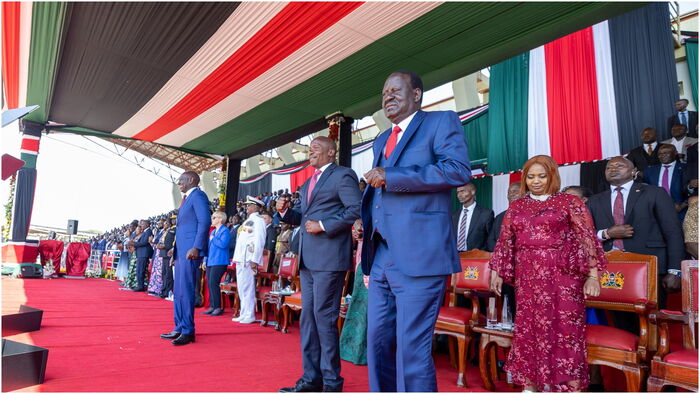
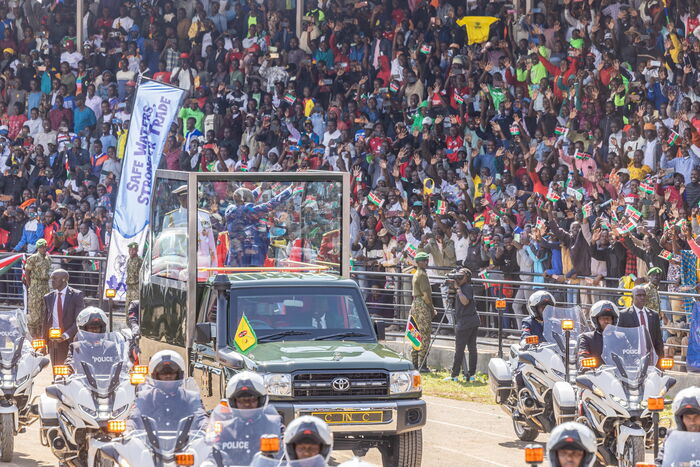
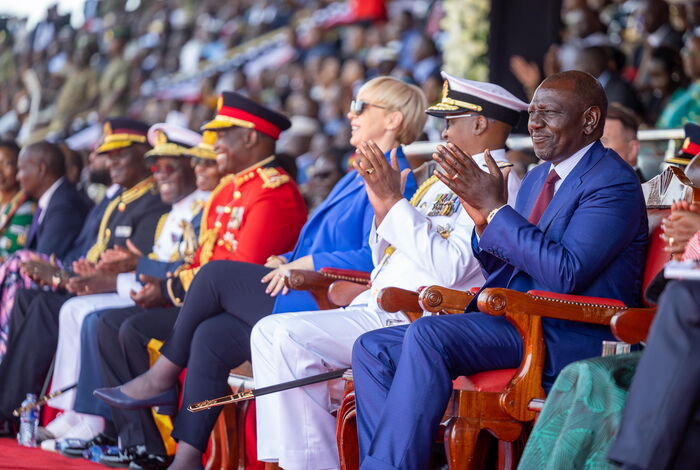
This year, let Madaraka Day be more than just a public holiday. Let it be a mirror — one that reflects a nation standing at a crossroads. We can choose to continue pretending, applauding speeches that echo with emptiness, or we can confront a difficult truth: that Uhuru — remains a dream. And it is us, not our leaders who will bring it closer. So no, this is not a celebration. It is a warning. A wake-up call. Because until we are all free, Madaraka Day means nothing.

